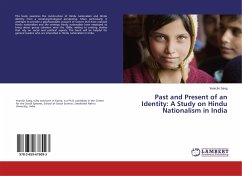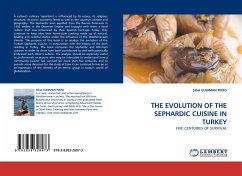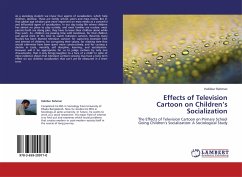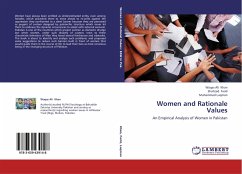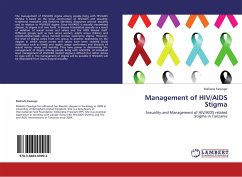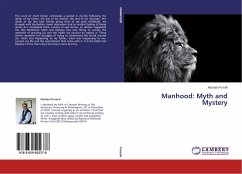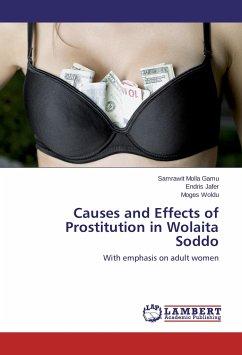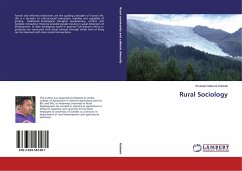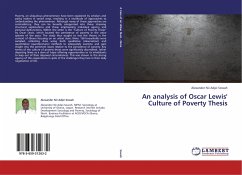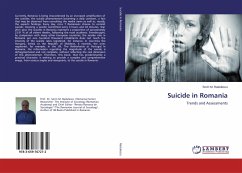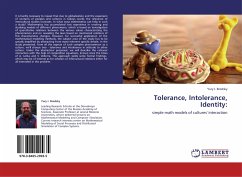
Tolerance, Intolerance, Identity:
simple math models of cultures' interaction
Versandkostenfrei!
Versandfertig in 6-10 Tagen
32,99 €
inkl. MwSt.

PAYBACK Punkte
16 °P sammeln!
It is hardly necessary to repeat that due to globalization and the expansion of contacts of peoples and cultures in today's world, the relevance of intercultural studies increases. In what ways mathematics can help in such a study? Mathematics has accumulated vast experience in creating and studying models of different phenomena, which is based on investigation of quantitative relations between the various values characterizing the phenomenon and on revealing the laws based on mentioned relations of this characteristics changes. However, for successful application of the mathematical modeling ...
It is hardly necessary to repeat that due to globalization and the expansion of contacts of peoples and cultures in today's world, the relevance of intercultural studies increases. In what ways mathematics can help in such a study? Mathematics has accumulated vast experience in creating and studying models of different phenomena, which is based on investigation of quantitative relations between the various values characterizing the phenomenon and on revealing the laws based on mentioned relations of this characteristics changes. However, for successful application of the mathematical modeling methods, the subject area of the study has to be greatly simplified by abstracting from many inherent specific details. In the study presented, from all the aspects of such complex phenomenon as a culture, we'll choose two - tolerance and intolerance in attitude to other culture. Under the abstraction proposed, we will describe the cultures' interaction with the help of competition equations, known since the times of A. Lotka and V. Volterra. This approach yields some formal findings, which may be of interest as for scholars of intercultural relations either for all interested in this problem.



